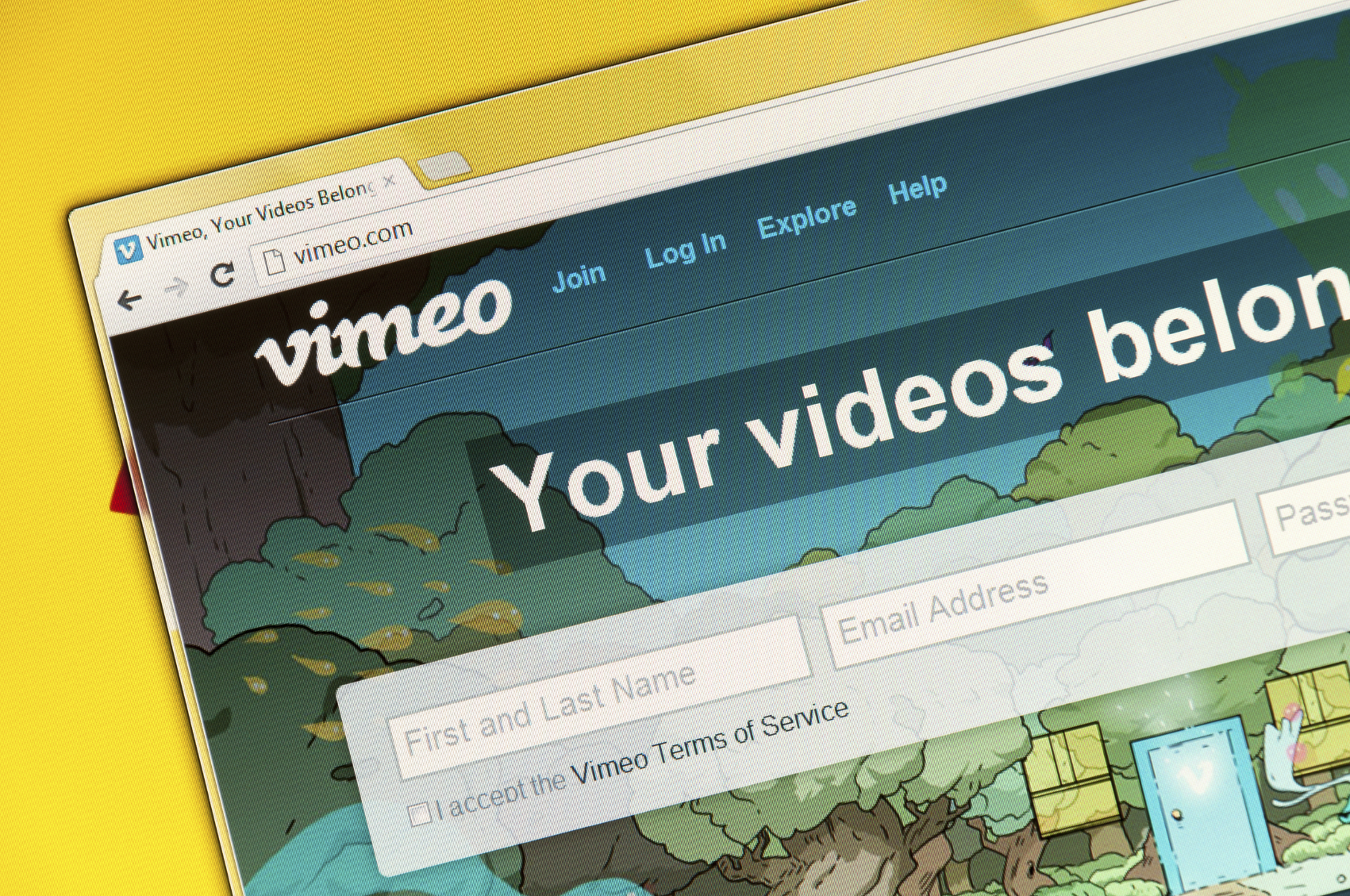Sony launched PlayStation Now, an all-you-can-play game subscription service back in January on PlayStation 4, but its gameplay experience left much to be desired. Now, Sony is looking to fix that with a new dedicated subscription app. Launched today on the PlayStation store, the new application aims to streamline the navigation process and make it easier for users to find the game they want to play among the over 125 games currently available for streaming.
For now, Sony charges $19.99 per month, or $44.99 for 3 months for the gameplay streaming service, which are significantly cheaper than buying individual games for dedicated gamers. That said, the games are not the current titles which typically sell for $59.99 each but are older games which might retail for $19.99 or less and were released for the Playstation 3, not the Playstation 4.
Following the subscription-based model that Netflix helped popularize, it may not be too far off to imagine that Sony would start selling gaming consoles on a discounted price in order to get more players to use its streaming service and thus locked in its ecosystem. Microsoft tried this strategy towards the end of the Xbox 360’s life in 2012.
In the past few years, the all-you-can-consume subscription-model has quickly swept the entire media industry – be it news, TV, or music, every media owner started selling consumers access to their content on a month-to-month basis. In this regard, gaming is the latest addition to the subscription craze, and we think this new model is most likely here to stay.
Source: Engadget


